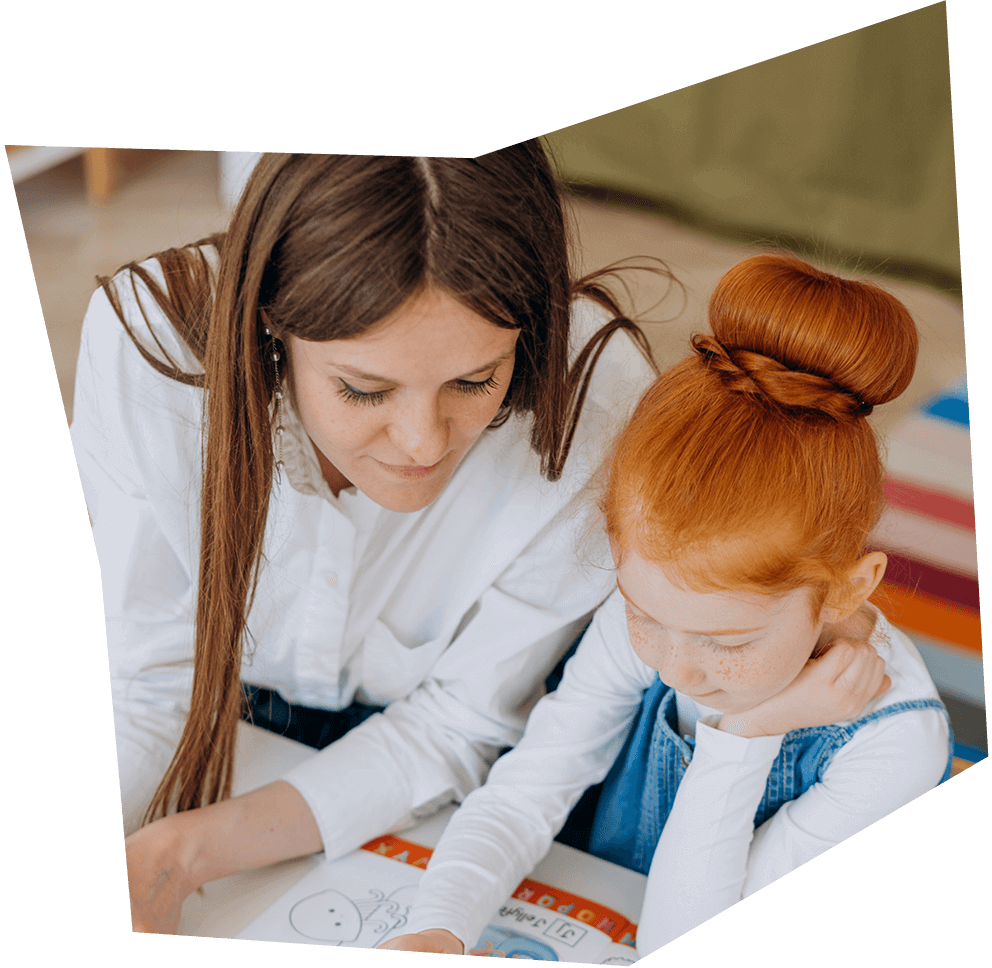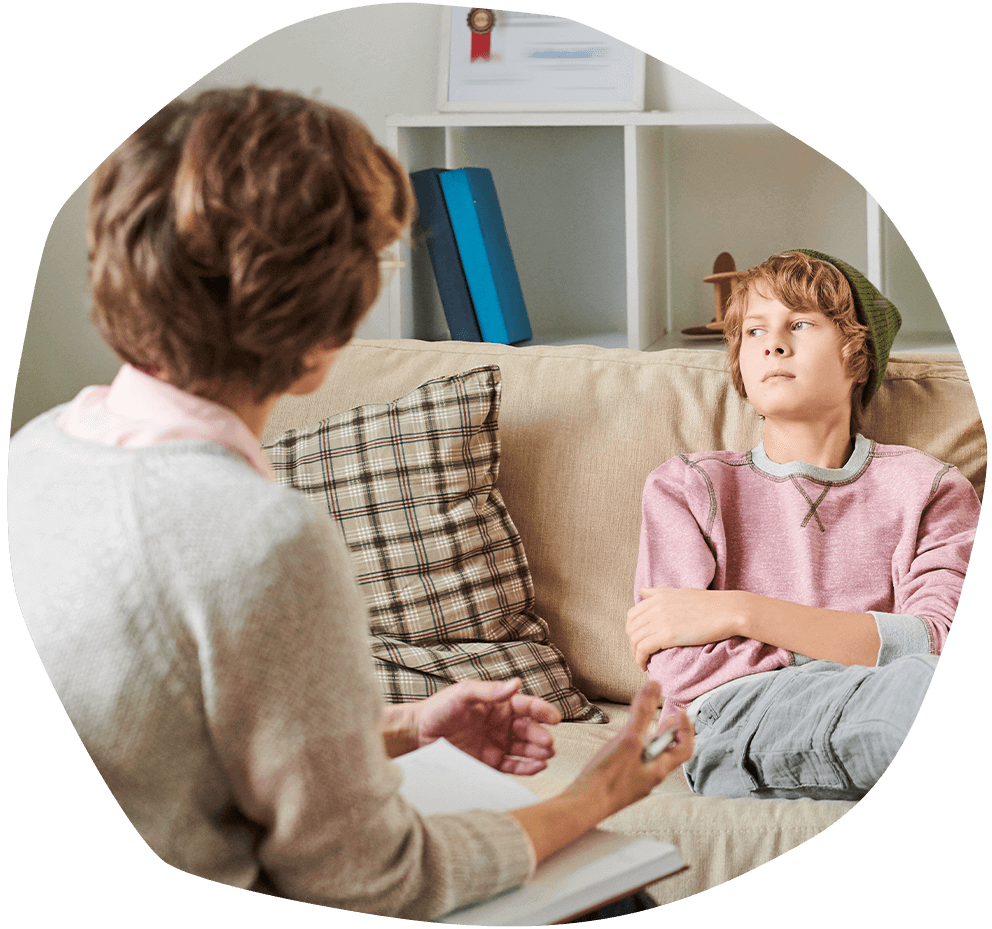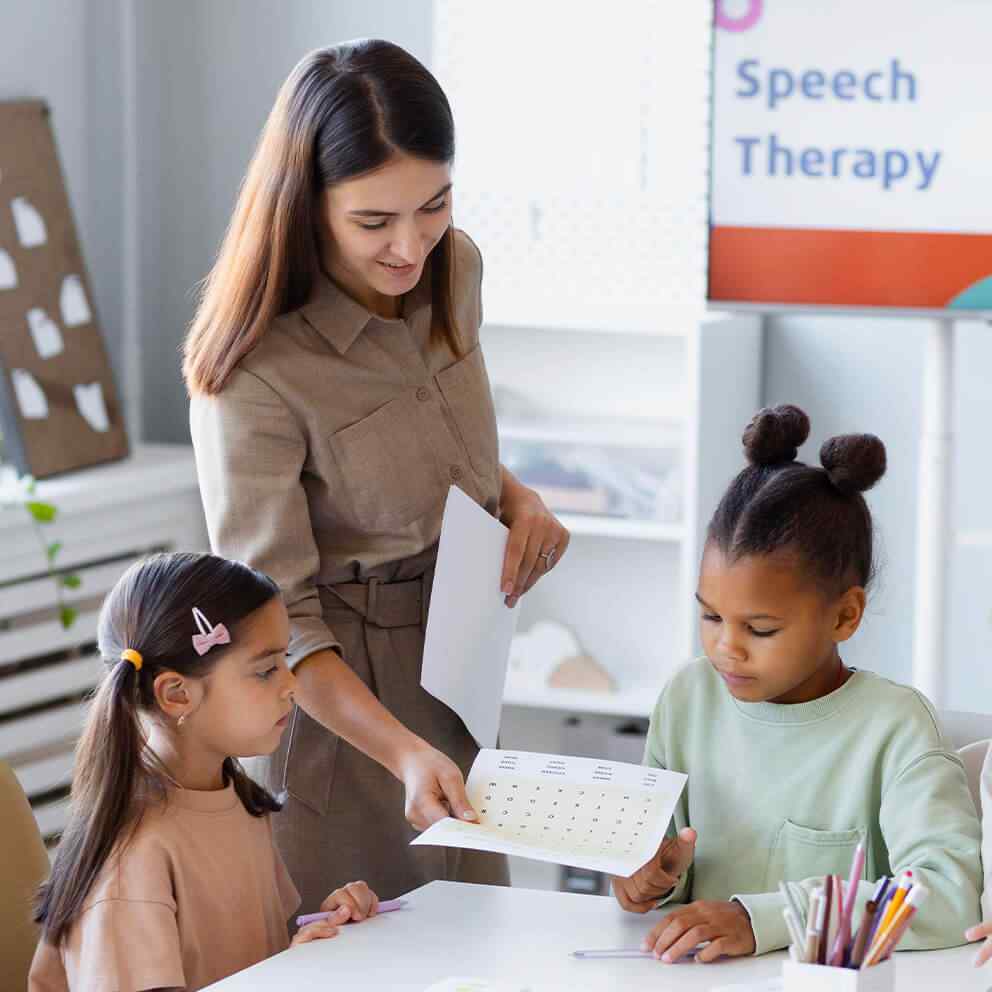WE ARE ABOUTInspiring potential - for all

WHY WE’RE HEREWe believe in every child's potential





We believe in crafting personalised therapeutic experiences, and our varied lesson plans reflect this commitment. Each plan is meticulously designed to address the unique needs and goals of our young clients, providing them with the tools and techniques they need to thrive.
Continuous Improvement
Personalised Therapies
Inclusive Approach
We can help

- Sensory Processing Disorder
- Emotional Regulation
- Behaviour/Social Skills
At Therapy Mode, our ongoing therapy sessions are specially designed to support children with Sensory Processing Disorder. Our dedicated team of therapists employs innovative, evidence-based methods to help these children better interpret and respond to sensory information. Along with providing comprehensive sensory assessments, we develop personalized treatment plans to address the unique needs of each child, enhancing their ability to interact with the world around them.
We believe that every child deserves the opportunity to experience life fully and without discomfort, and we’re committed to helping them navigate their sensory world with ease. Therapy Mode– Empowering children, one sensory experience at a time.

We provide specialised sessions aimed at fostering emotional regulation. Recognising the critical role emotional balance plays in overall wellbeing, our experienced therapists use a combination of evidence-based techniques to help clients understand, manage, and express their emotions in a healthy way. Our goal is to empower individuals with the skills and strategies to navigate their emotional landscape, enhancing resilience and promoting healthier relationships with self and others. At Therapy Mode, we believe in the transformative power of emotional regulation in improving quality of life and fostering personal growth.

Their executive functions will finish developing somewhere between the age of 25-30, so they will find it easier to cope with typical ADHD challenges, and hormonal levels will be more stable. Importantly, as they grow older, they might get better at coping with their symptoms. This in turn could lead to less distress and fewer challenges with daily functioning.
Children don’t truly “outgrow it” as this isn’t exactly possible. For example, in adults, hyperactivity might look more like mental restlessness, or a person’s fidgeting is more subtle. Another example: Children often experience their parents’ divorce in real time as somehow their fault, and thus may harbor guilt and self-doubt related to the event even many years later. Observing the events of a divorce from an adult perspective allows the client to realize that their parents’ divorce was not their fault, and that the childish expectation that their behavior could somehow have mended their parents’ rift was both development.
Here for you
Face to face
Invested in our mission to support clients to recover strength, regain Independence
With each therapy session, we aim to make a positive, lasting impact, facilitating personal growth and meaningful change.
Licensed therapists
Therapists have a minimum of 7 years experience, are accredited and insured to practice privately.
Selection process
Our therapists have met selection criteria and are vetted to ensure you receive the best support.

Zara. P
Lead Occupational Therapist





WHO WE AREMeet our therapists
See available positions


We can help
Book online






